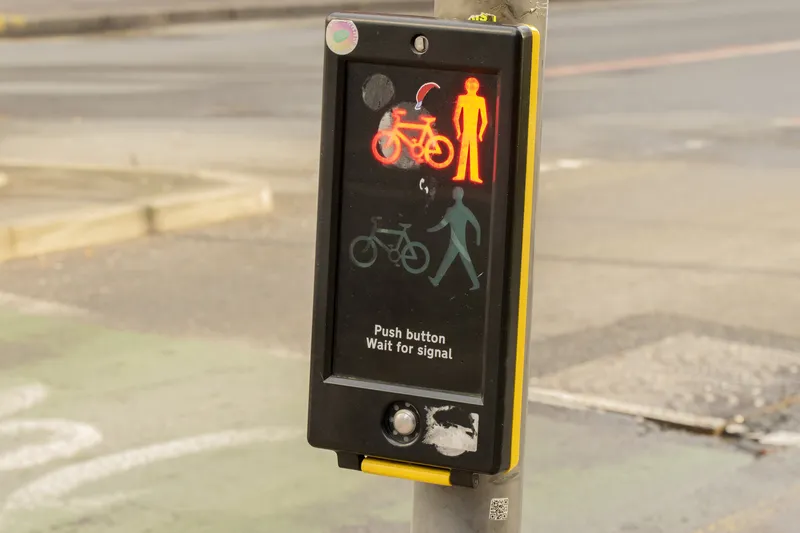The government wants cycling and walking to become the norm by 2040 and will target funding at innovative ways to encourage people onto a bike or to use their own two feet for shorter journeys.
Plans include specific objectives to double cycling, reduce cycling accidents and increase the proportion of five to 10 year-olds walking to school to 55 per cent by 2025.
The funding will be allocated to schemes to provide cycling proficiency training for a further 1.3 million children and improve cycling infrastructure and expand cycle routes between the city centres, local communities and key employment and retail sites. It will also go to improvements to 200 sections of roads for cyclists; safety and awareness training for cyclists, extra secure cycle storage, bike repair, maintenance courses and road safety measures. Local councils will receive funding to invest in walking and cycling schemes and local growth funding to support walking and cycling.
In addition, the government is investing extra funding to improve cycle facilities at railway stations, along with a Living Streets’ outreach programmes to encourage children to walk to school and Cycling UK’s ‘Big Bike Revival’ scheme which provides free bike maintenance and cycling classes.
Under the Infrastructure Act 2015, the government is required to set a cycling and walking investment strategy for England. This is the first of a series of shorter term, five year strategies to support the long-term ambition to make walking and cycling the natural choice for shorter journeys by 2040.
UK government publishes long-term plan to increase cycling and walking
The UK government has published its US$1.5 billion (£1.2 billion) long-term plan to make cycling and walking the natural choice for shorter journeys. The government wants cycling and walking to become the norm by 2040 and will target funding at innovative ways to encourage people onto a bike or to use their own two feet for shorter journeys. Plans include specific objectives to double cycling, reduce cycling accidents and increase the proportion of five to 10 year-olds walking to school to 55 per cent by 20
April 24, 2017
Read time: 2 mins
The UK government has published its US$1.5 billion (£1.2 billion) long-term plan to make cycling and walking the natural choice for shorter journeys.










